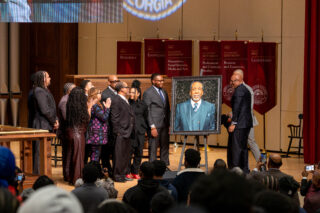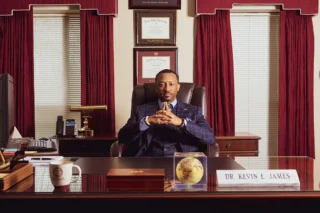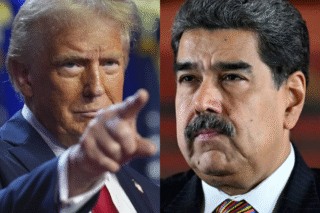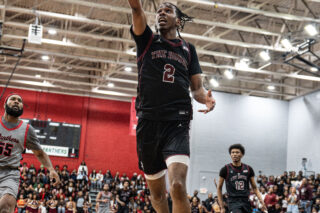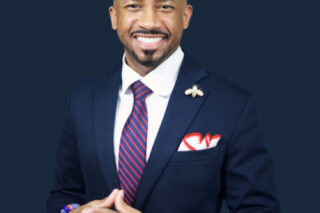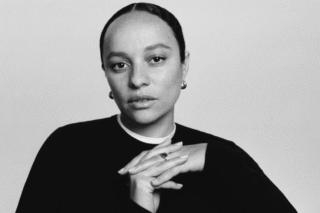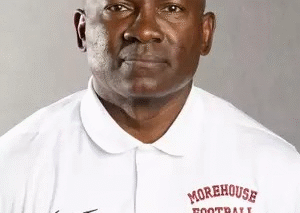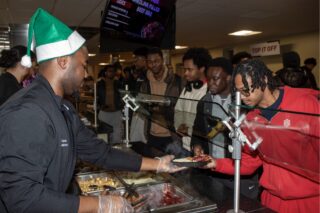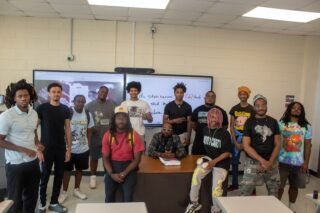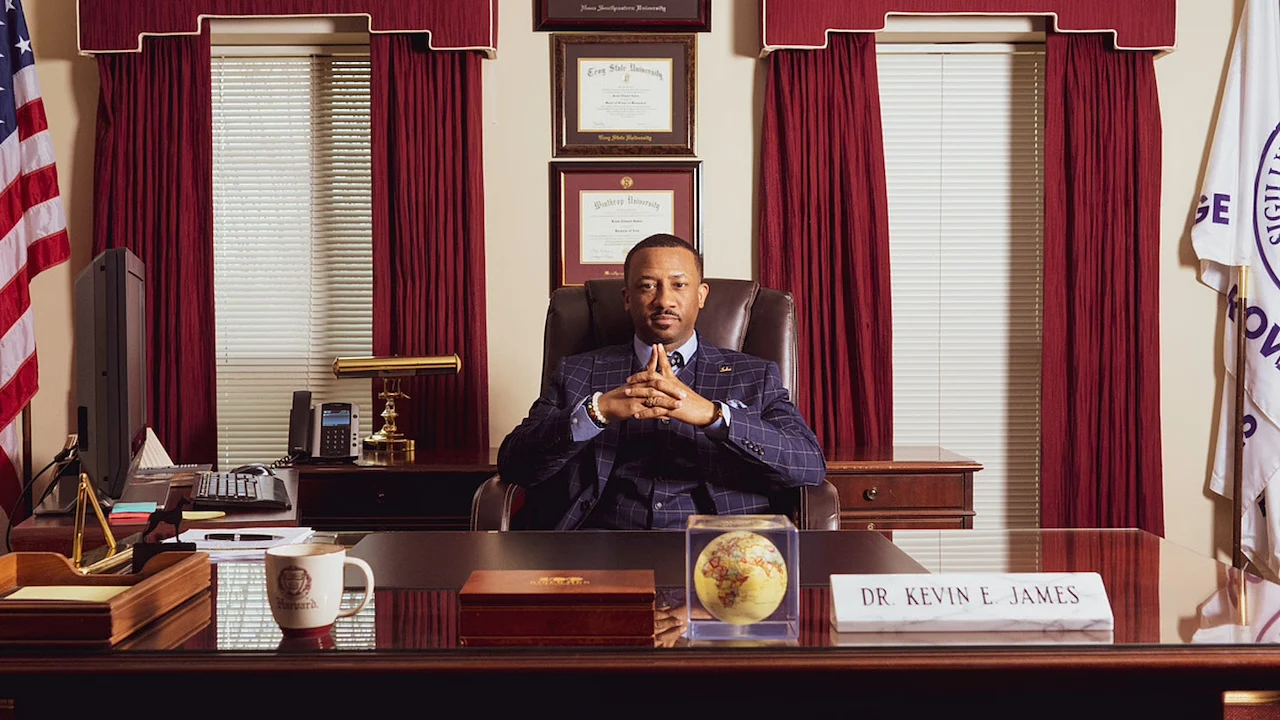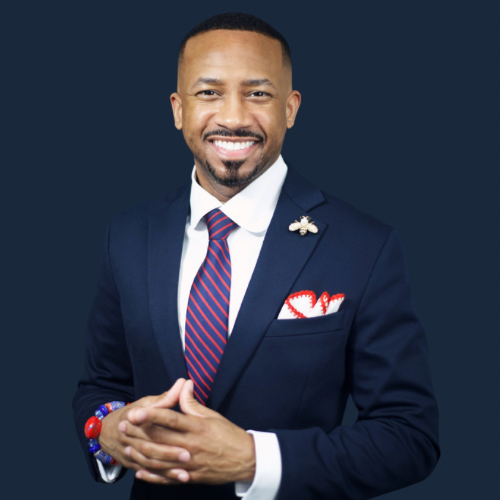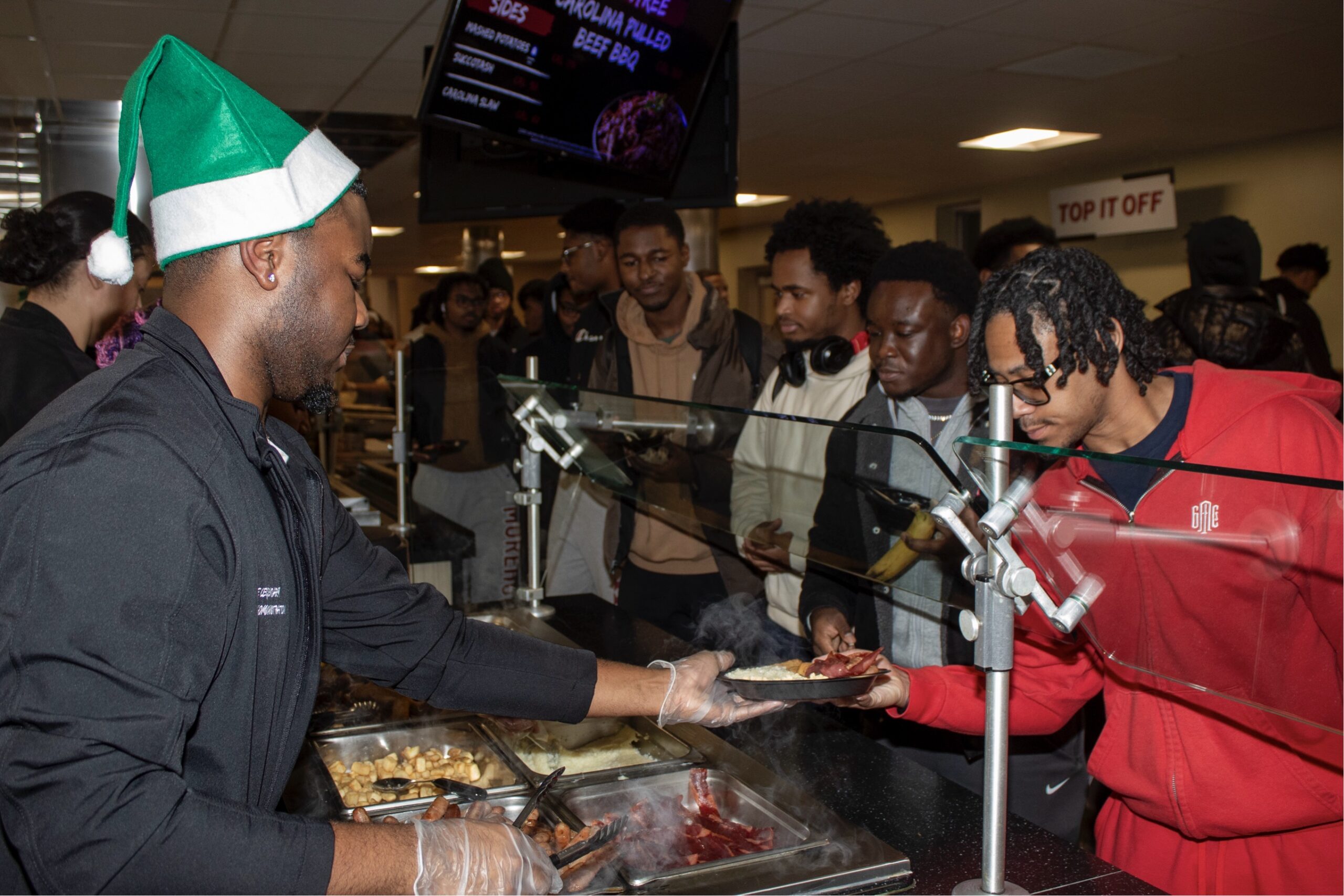Photo by Jackson Perez Greenleaf
By Jackson Perez Greenleaf, Staff Writer
CHICAGO – Protesters marched down Michigan Avenue in downtown Chicago Sunday night less than 12 hours before the 2024 Democratic National Convention began. About 125 committed people amplified a growing movement that intertwines the fight for Palestinian liberation with the struggle for reproductive rights. However, the protesters had no chance to disrupt everyday life in the area because police had blocked off Michigan and many other major streets.
Nino Brown, a Chicago native and dedicated member of the Party for Socialism and Liberation, represents a wave of activists who are not only vocal about their causes but deeply interconnected in their approach to justice. Brown’s activism is rooted in a broader critique of U.S. political complicity in global injustices. Brown articulated his stance, stating, “The Democratic Party has been continuing to aid and be complicit in forward genocide of Palestinians through supporting the rogue Zionist state of Israel.”
He underscores a belief held by many in the movement that U.S. political entities, including both major parties, play a significant role in enabling the oppression of marginalized communities abroad. The protest’s main goal wasn’t limited to foreign policy; it extended deeply into domestic issues, particularly reproductive rights. For him and many others protesting, the fight for bodily autonomy is linked to the broader struggle for human rights, including the rights of Palestinians.
“I’ve been fighting for abortion rights for years. … Healthcare and bodies are our own choices,” said a young woman who insisted she stay
anonymous for fear of repercussions from her college. Almost hidden by her black bandana, face mask, lace top and baggy pants, she drew a parallel between the right to choose and the right to live free from oppression and violence.
The young lady’s motivation seemed to have stemmed from deeply personal experiences and situations she has witnessed in her community. When asked what motivated her during this tumultuous time in U.S. history, she said, “I think it’s a combination of a lot of people that have gotten me here, a lot of people that I care about, a lot of people in my community that are so directly impacted by what we’re here for. I couldn’t imagine just sitting home and not saying anything if I have the opportunity to.”
In a political landscape often defined by the voices of politicians and alleged experts, the voices of common people are calling for a future where justice is universal and indivisible. The ongoing narrative of U.S. involvement in Israel–Palestine relations finds a new dimension in these protests, where the fight for one cause is inherently a fight for all.
Copy Edited by Ron Thomas

